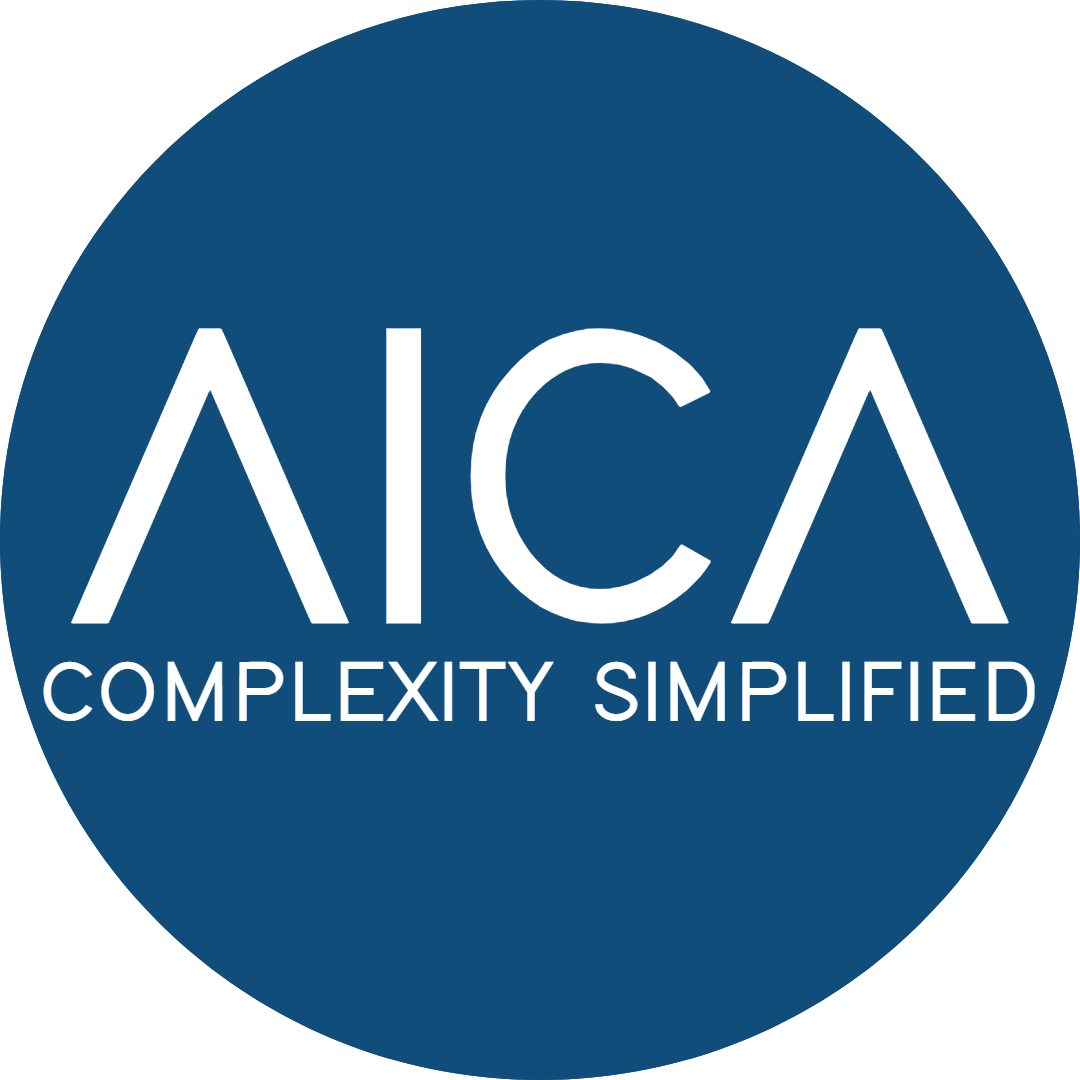In today’s business environment driven by data, having clean and standardised data is essential for effective operations and informed decision-making. However, a common issue that many companies face is dealing with unformatted product data exported from ERP systems.
This unformatted data often includes misplaced fields, missing titles, and inconsistent formats, making it difficult to read and analyse.
Why ERP Data Exports Often Lead to Unstandardized Product Data
ERP (Enterprise Resource Planning) systems play a vital role in managing and integrating various business processes by collecting and organising data from different departments.
Despite their importance, ERP data exports often result in unstandardized data due to several reasons:
Misplaced Fields
Data fields can end up in the wrong place during the export process, causing confusion and errors in data interpretation.
Missing Titles and Column Headings
Exports can omit essential titles and column headings, leading to difficulties in understanding the data structure.
Inconsistent Data Formats
Data from different sources within the ERP system might follow different formats, causing inconsistencies and complicating data analysis.
These issues can result in a chaotic dataset that is challenging to work with. For instance, an exported product list might have product codes mixed with descriptions, or essential fields like price and stock levels might be missing or mislabeled.
Implications of Unstandardised Product Data
Unstandardized product data can have several negative implications for an organisation:
– Difficulty in Data Readability and Analysis: Misplaced fields and missing headings make it hard to comprehend the data, hindering effective analysis.
– Challenges in Extracting MRO Insights: Maintenance, Repair, and Operations (MRO) insights rely on accurate data. Unstandardized data can obscure critical insights, affecting maintenance schedules and operational efficiency.
– Impact on Business Decision-Making and Operations: Inaccurate or unreadable data can lead to poor decision-making, affecting everything from inventory management to strategic planning.
– Long-Term Effects on Data Integrity and Reliability: Consistent data issues can degrade overall data quality, leading to long-term problems with data integrity and trustworthiness.
How AICA’s Solutions Rectify Unstandardized Data
AICA helps organisations address these data challenges through our expertise in data cleansing and standardisation. Our comprehensive solutions ensure that your data is accurate, reliable, and easy to work with. Here’s how we do it:
– Identification and Correction of Misplaced Fields: Our advanced algorithms detect and correct misplaced fields, ensuring data is in the correct place.
– Addition of Missing Titles and Column Headings: We systematically add missing titles and headings, making the data structure clear and comprehensible.
– Standardisation of Data Formats: We harmonise data formats across different sources, ensuring consistency and ease of analysis.
Our use of advanced AI and ML algorithms allows us to process data efficiently and accurately. These technologies enable us to deliver high-quality data standardisation services that are significantly faster and more reliable than traditional methods.
Unique Features of AICA’s Approach
What sets AICA apart in data cleansing and standardisation is our unique approach:
1. Speed and Efficiency
Our solutions are up to 90% faster than traditional methods, drastically reducing the time required for data management tasks.
2. Accuracy
With over 80% accuracy, our data handling far surpasses the typical 30% accuracy of general AI models.
3. Customisability
Our APIs seamlessly integrate with your existing MDM, ERP, EAM, or PIM systems, providing a tailored solution for your specific needs.
4. Cost Effectiveness
By improving data quality and reducing the time spent on data management, our solutions offer significant cost savings for businesses.
Conclusion
Standardised data is essential for effective business operations and decision-making. AICA addresses the challenges of unformatted ERP data exports with our advanced data cleansing and standardisation solutions. By ensuring your data is accurate, reliable, and standardised, we help you make better business decisions and improve operational efficiency.
To learn more about our services or request a demo, visit our website here.
Copyright Reserved © AICA Data International Ltd 2024

